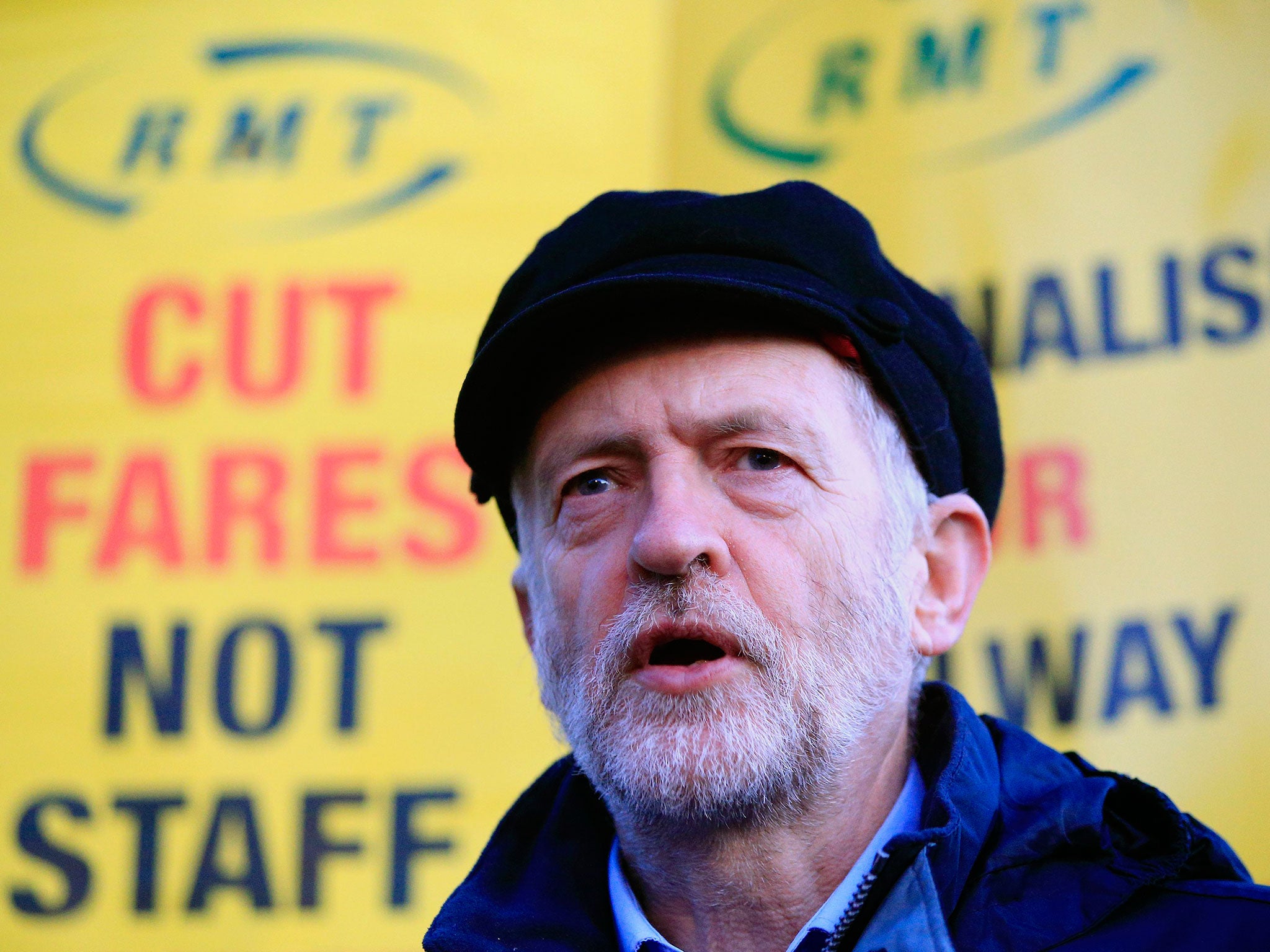Corbyn's reshuffle shambles have made the divisions in Labour even worse
The legacy is a party left demoralised and directionless, offering little challenge to a Conservative government with a slim majority that seeks to reclaim the centre ground


Shortly after the appointment of Seumas Milne as Labour’s director of communications last year, he was overheard in a pub quizzing the BBC’s political editor, Laura Kuenssberg, for tips on how to do his new job.
Clearly he did not take her advice. For now the pair are at loggerheads after the party made a ridiculous official complaint against her for doing her job by breaking the story that a shadow minister was resigning.
Such is the fallout from the most inept reshuffle in recent memory. Jeremy Corbyn strengthened his hold on the party by ensuring a Trident critic took the defence post, but underlined his reputation for incompetence after three days of meetings led to minimal other changes. Shadow Foreign Secretary Hilary Benn clung to his post, despite backing bombing in Syria. Meanwhile, the pettiness of sackings on spurious grounds, and the subsequent walkouts by three junior ministers, may prove damaging in the long term.
For as the smoke clears in the parallel universe of current Labour politics, there are three splits worth examining in the party. The first is the one that has dislocated the movement for two decades: the often-vicious and highly-personalised feuding between Blairites and Brownites. Thanks to the incompetence of Mr Corbyn and his allies, the historic wounds dating back to that infamous dinner at Granita appear to have been healed. First by the crude sackings, then by taunts from shadow Chancellor John McDonnell that those resigning in protest were from a “narrow, right-wing clique”.
The purge included figures from both factions: Pat McFadden, a former adviser to Tony Blair, and Michael Dugher, who performed a similar role for arch-rival Gordon Brown. Both were shadow ministers and both were sacked for supposed disloyalty, leading to unified outrage from the two camps coming together under the banner of “moderates”. Damian McBride, Mr Brown’s pugnacious former spin doctor, concluded: “Blairites, Brownites and neutrals within the parliamentary Labour party are fully as one.”
Yet this only highlights the second schism: the great divide between MPs and the 370,000-strong army of activists in constituencies, many attracted to the cause by Mr Corbyn and chanting the mantra of new politics. Some are hard-left extremists; many others young idealists focused on single issues such as the environment, human rights and the anti-war movement. This gap is widening as older members leave in dismay. And it looks insoluble until MPs stop insulting activists and find ways to harness the new infusion of energy – or the activists oust the current crop of MPs.
The legacy is a party left demoralised and directionless, offering little challenge to a Conservative government with a slim majority that seeks to reclaim the centre ground. Mr Corbyn increasingly appears like the gormless gardener who ended up by a fluke as presidential adviser in the satire Being There, making vacuous statements that some interpret as wisdom. Even shadow Cabinet colleagues are mystified by his strategy.
“We don’t know if his aim is to turn Labour into his version of an effective, political force or just to pursue the causes he has fought for the last 30 years,” said one.
Although haunted by a shameful personal history on terrorism, fuelled by anti-Americanism, and fast losing support from Labour voters in polls, Mr Corbyn could wound the Government with populist policies on foreign intervention, health, tax avoidance and transport. Instead he broke the first rule of opposition by letting others define him. Waging war on the media might be popular with supporters, but it will not help get across his message. And given the disappearance of the Liberal Democrats and parochialism of the Scottish Nationalists, this leaves Tory maverick David Davis as the most effective leader of the opposition.
The third fissure could be the most destructive: the “Vichy” division opening up between anti-Corbyn partisans who co-operate with their enemy and those refusing to sign up to the cause. For three months there was sympathy on both sides of the resistance. This was shattered by the events of last week, the resignations following pressure from colleagues and deep anger over the sackings.
“How the hell can anyone play ball with Corbyn now and think they can keep their dignity?” asked one key figure.
Another leading light said anyone serving Mr Corbyn effectively endorsed his actions. The latest example of this growing intensity came with Alison McGovern’s resignation from a policy review group, arguing it was impossible to work with the leadership. She may be little known outside Westminster, but as chairwoman of the Blairite Progress pressure group, this is a significant move. It was provoked partly by Mr McDonnell’s provocative allegation that her organisation has a “hard-right agenda”.
Those standing alongside Mr Corbyn argue that they can temper his actions, such as ensuring a free vote on bombing Syria and that Mr Benn kept his post despite briefings against him. Yet some fear the sacking of Mr McFadden could be first strike in shifting policy against Europe and admit bad blood is growing as they face accusations of collaboration from friends and colleagues.
“I fear it will be a badge of legitimacy for the Resistance for those not part of what they regard as Vichy Labour in future years,” said one prominent MP.
This split is perhaps the most poisonous, since it risks dividing Labour at Westminster and destroying chances of solving its existential crisis. The moderates look weak, weary and stale. The public sees the bumbling Diane Abbott touring TV studios as the face of New Old Labour while behind the scenes unelectable militants attempt to impose their will. It is fascinating to observe this extraordinary political experiment played out in public. But the Labour party is trapped in a shambolic farce while fighting for both its soul and its survival.
Join our commenting forum
Join thought-provoking conversations, follow other Independent readers and see their replies
Comments